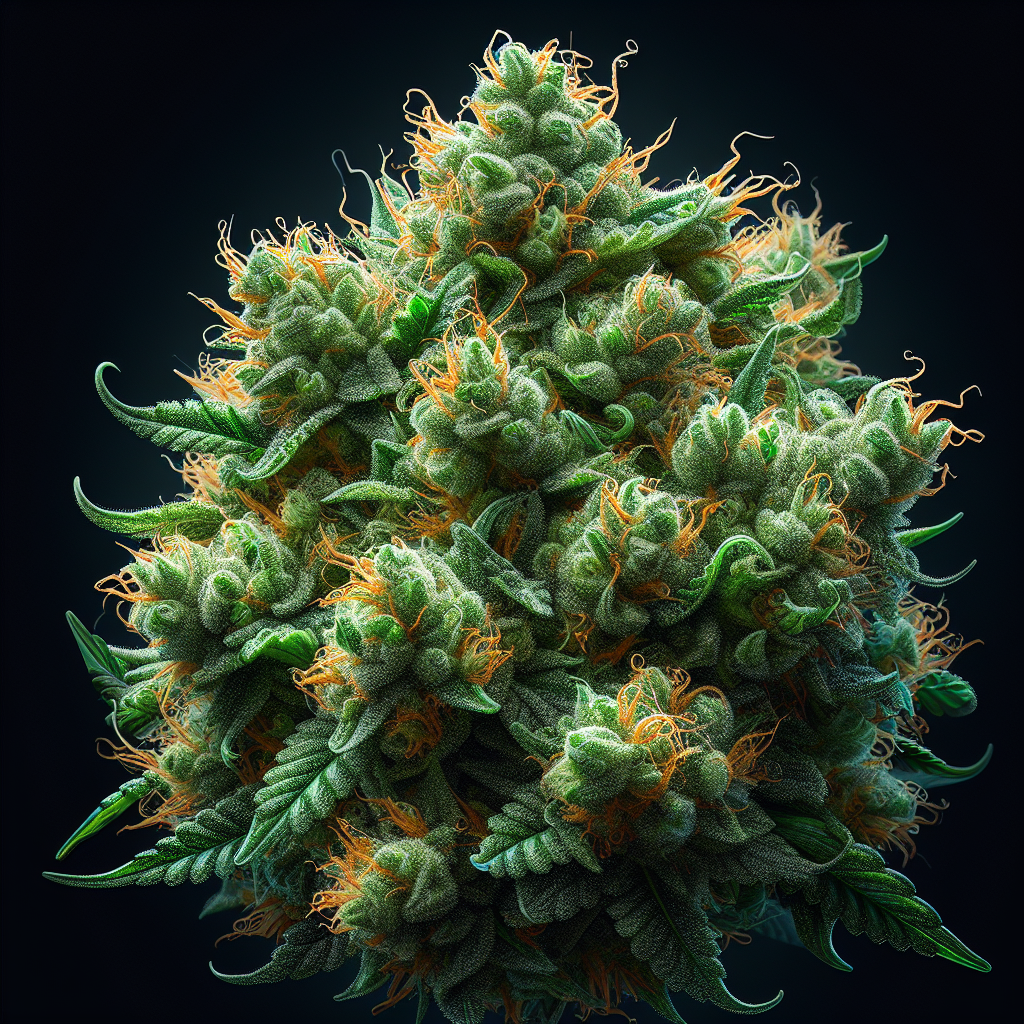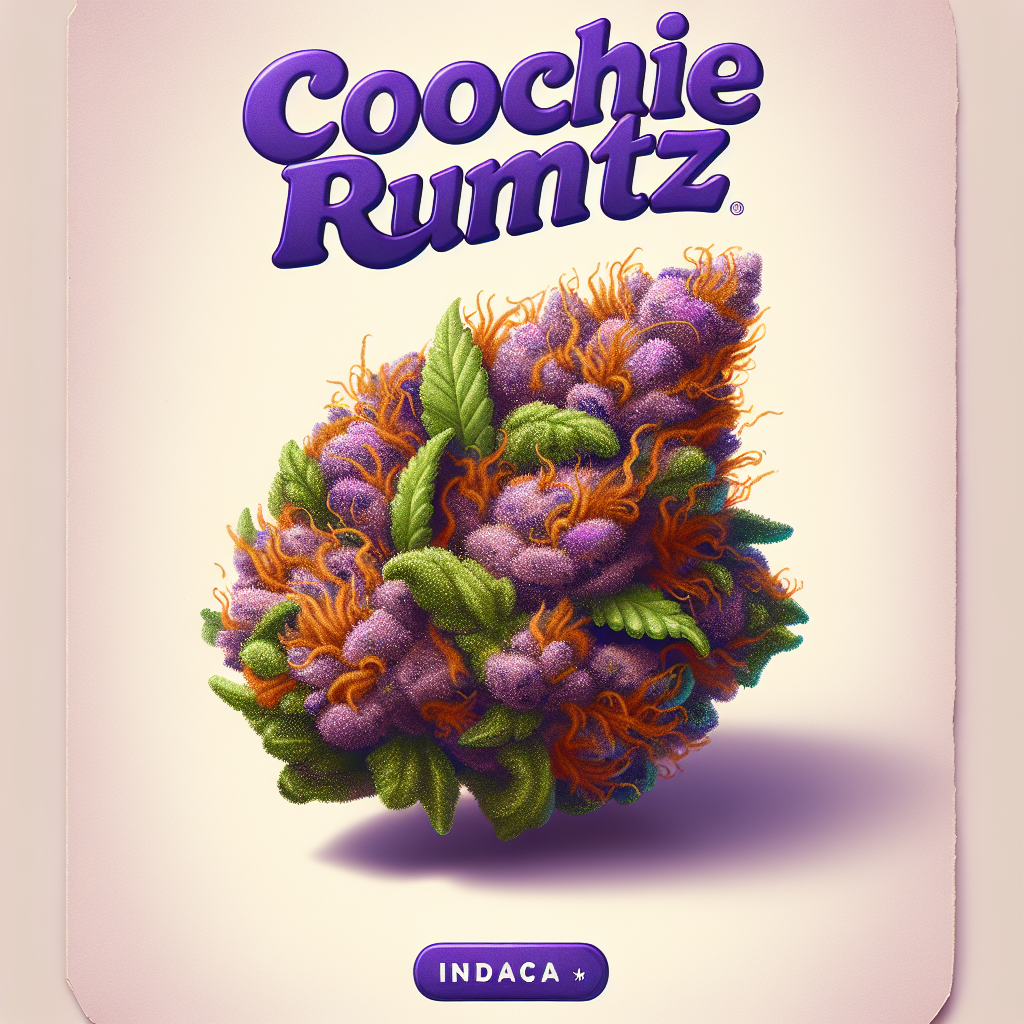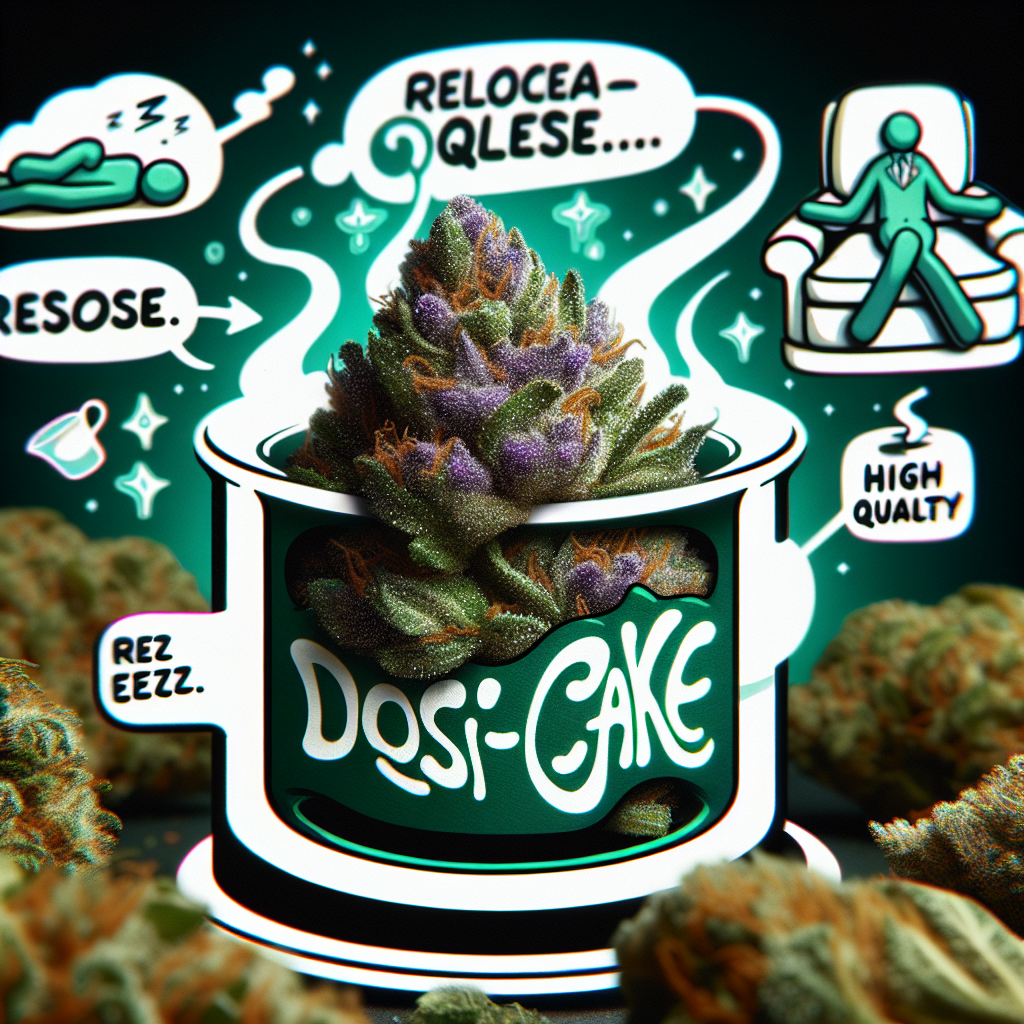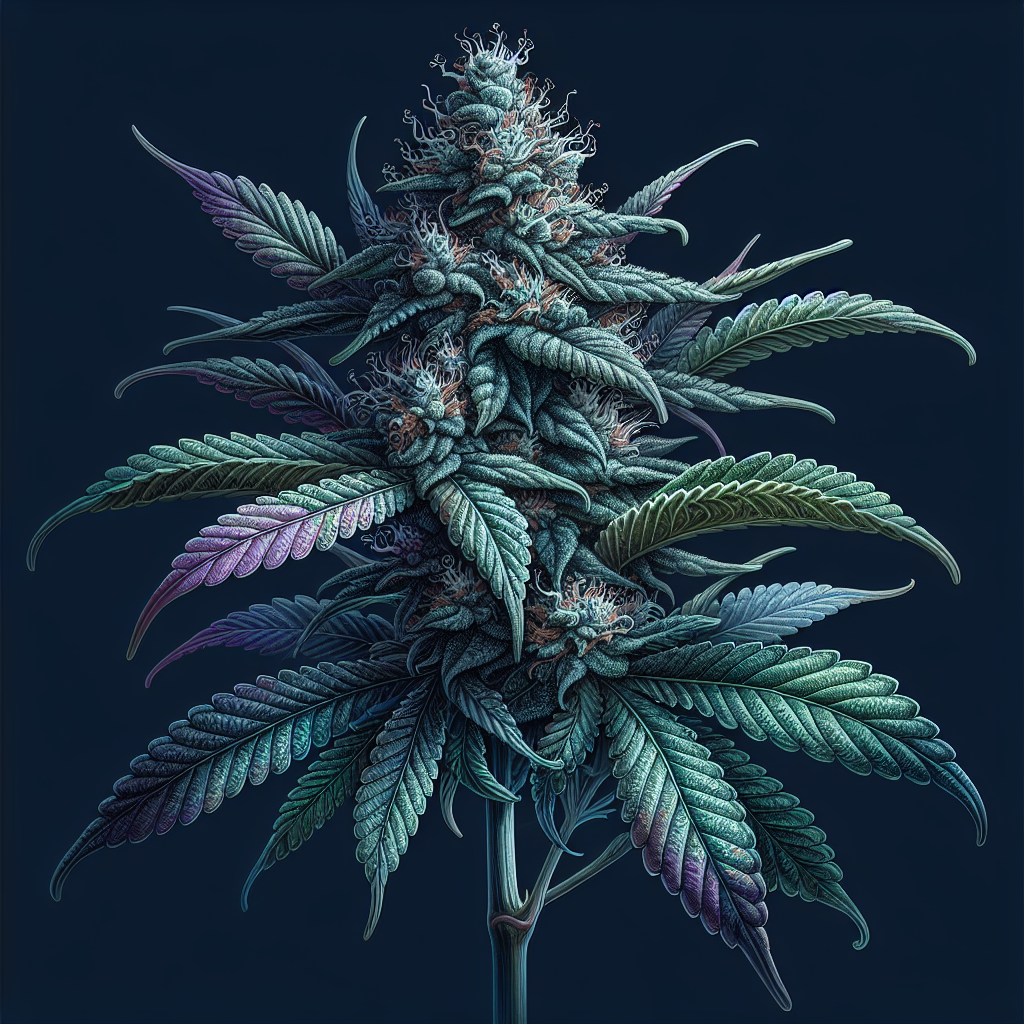Delta-8 THC vs. Delta-9 THC: Understanding the Key Differences
In recent years, the conversation surrounding cannabis has evolved significantly, with more attention being drawn to the various compounds found within the plant. Among these compounds, tetrahydrocannabinol (THC) is often at the forefront of discussions. While many are familiar with Delta-9 THC, the compound primarily responsible for the psychoactive effects commonly associated with marijuana, another cannabinoid called Delta-8 THC has been gaining popularity. Both have unique properties and effects, making it essential for consumers to understand their differences. This article aims to provide a thorough understanding of Delta-8 THC and Delta-9 THC, their legal status, effects, benefits, and much more.
What is THC?
Before delving into Delta-8 and Delta-9, it’s vital to define THC. THC, or tetrahydrocannabinol, is a cannabinoid found in the cannabis plant. It interacts with the body’s endocannabinoid system (ECS) by binding to cannabinoid receptors, primarily CB1 and CB2, leading to a range of physiological effects. THC is best known for its psychoactive properties, producing the “high” sensation that many associate with cannabis consumption.
The Importance of the Cannabis Plant
Cannabis has been used for centuries for medicinal and recreational purposes. The plant contains a diverse array of cannabinoids, terpenes, and other compounds that work synergistically to produce various effects and benefits. As legalization continues to spread across various parts of the world, more people are exploring the potential of cannabis and its derivatives, including Delta-8 and Delta-9 THC.
Delta-8 THC Explained
What is Delta-8 THC?
Delta-8 THC is an isomer of Delta-9 THC. This means that while they share a similar molecular structure, the arrangement of atoms differs slightly, resulting in distinct properties and effects. Delta-8 is naturally occurring in cannabis, but it is found in much lower concentrations compared to its more prevalent counterpart, Delta-9 THC.
How is Delta-8 THC Produced?
Delta-8 THC is often derived from hemp-based extracts. Hemp contains less than 0.3% Delta-9 THC, but through specialized extraction and conversion processes, manufacturers can produce Delta-8 THC in higher concentrations. This process often involves rearranging the molecular structure of CBD or other cannabinoids to create Delta-8.
Effects of Delta-8 THC
Delta-8 THC provides a more subtle psychoactive experience compared to Delta-9 THC. Users often report feelings of euphoria, relaxation, and an uplift in mood without the intense anxiety or paranoia that can accompany Delta-9 consumption. Many people describe Delta-8 as offering a more clear-headed high, making it an attractive option for consumers who are seeking the therapeutic benefits of THC without an overwhelming psychoactive response.
Potential Benefits of Delta-8 THC
-
Reduced Anxiety: Users frequently find that Delta-8 THC helps ease anxiety and offers a more manageable experience than Delta-9.
-
Pain Relief: Like its cousin, Delta-9, Delta-8 has been suggested to possess analgesic properties, making it potentially beneficial for individuals dealing with chronic pain or other discomforts.
-
Appetite Stimulation: Delta-8 THC may also work as an appetite stimulant, which can be helpful for people experiencing lack of appetite due to medications or medical conditions.
- Neuroprotective Properties: Preliminary studies suggest that Delta-8 may possess neuroprotective properties that could aid in neurodegenerative conditions.
Delta-9 THC Explained
What is Delta-9 THC?
Delta-9 THC is the most well-known and abundant psychoactive compound found in cannabis. It is primarily responsible for the high that users experience when consuming marijuana. Delta-9 engages the ECS, producing a wide array of physical and mental effects.
Effects of Delta-9 THC
Delta-9 THC can deliver a potent psychoactive experience. Users often report feelings of euphoria, intensified sensory perception, and increased creativity. However, it can also lead to negative side effects such as anxiety, paranoia, and impaired coordination, especially in higher doses.
Potential Benefits of Delta-9 THC
-
Pain Management: Delta-9 is frequently used for its analgesic qualities, providing relief for chronic pain and inflammation.
-
Sleep Aid: Many consumers use Delta-9 as a natural remedy for insomnia or other sleep disorders due to its sedative effects.
-
Mood Enhancement: Delta-9 THC can foster feelings of happiness or euphoria, making it beneficial for individuals struggling with mood disorders.
- Anti-Nausea Properties: Delta-9 is known for its ability to combat nausea and vomiting, particularly in patients undergoing treatments such as chemotherapy.
Legal Status: Delta-8 vs. Delta-9
Delta-9 THC Legal Status
The legal status of Delta-9 THC varies significantly from one region to another. In many parts of the United States, recreational use, medical use, or both is legalized. However, due to its association with marijuana, Delta-9 THC remains classified as a Schedule I substance under federal law, which means it is considered illegal in many contexts at the national level.
Delta-8 THC Legal Status
Delta-8 THC occupies a more ambiguous legal space. In the U.S., the 2018 Farm Bill legalized hemp-derived cannabinoids, as long as they contain less than 0.3% Delta-9 THC. This bit of legal language opened the door for Delta-8 THC, as it can be derived from legal hemp sources. However, some states have moved to regulate or ban Delta-8, leading to a patchwork of differing regulations. Therefore, it’s crucial for consumers to stay informed about the laws in their specific regions.
Navigating the Legal Landscape
Before purchasing or consuming any cannabis-derived product, it is advisable to familiarize yourself with the specific laws and regulations in your state or country. The legal landscape continues to evolve, and staying informed can help ensure compliance and responsible use.
Safety and Side Effects
Delta-8 THC Safety Profile
Overall, Delta-8 THC is generally considered to have a favorable safety profile, especially when compared to Delta-9. The milder psychoactive effects often lead to fewer reports of anxiety and paranoia. However, it is still essential to consume responsibly, start with lower doses, and purchase products from reputable sources to ensure quality and safety.
Delta-9 THC Safety Profile
Delta-9 THC can produce stronger psychoactive effects leading to potential adverse reactions, particularly in inexperienced users or those consuming high doses. Common side effects may include dizziness, increased heart rate, dry mouth, and impaired memory and coordination. Again, responsible consumption is key, especially in settings that require mental clarity or physical coordination.
Choosing Between Delta-8 and Delta-9 THC
When deciding between Delta-8 and Delta-9 THC, the individual’s goals, tolerance, and preferences will largely influence the choice. Some key considerations include:
-
Psychoactive Experience: If you are looking for a more subdued psychoactive experience, Delta-8 may be the better choice. For those who enjoy the robust effects of traditional cannabis, Delta-9 could be the way to go.
-
Purpose of Use: Consider why you’re using THC. If you are seeking pain relief, both cannabinoids can help. However, for anxiety relief, Delta-8 is often the preferred option.
-
Legality: Always ensure you are aware of the legal status of both compounds in your area, as it can affect the availability and legality of products.
-
Health Conditions: Consult with a healthcare professional if you have any underlying health conditions or are taking medications. They can provide personalized recommendations based on your health needs.
- Personal Experience: Individual tolerance to cannabis varies widely, so what works for one person might not be suitable for another. Consider trying both Delta-8 and Delta-9 THC in a controlled, responsible manner to evaluate how each affects you.
Product Availability and Consumption Methods
Both Delta-8 and Delta-9 THC are available in various forms, including flowers, edibles, tinctures, and concentrates. The choice of product often depends on personal preference, convenience, and the desired effects.
Delta-8 THC Products
- Edibles: Delta-8 gummies and chocolates are growing in popularity, offering a tasty and discreet way to consume THC.
- Vape Cartridges: Vaporization is a popular method for consuming Delta-8 THC, providing a fast-acting effect.
- Tinctures: Delta-8 tinctures can be taken sublingually for quick absorption.
Delta-9 THC Products
- Flower: Traditional cannabis flower remains a popular choice for many users.
- Edibles: THC-infused foods, such as brownies and gummies, offer a tasty way to experience Delta-9.
- Concentrates: Products like waxes and oils provide a potent dose of Delta-9 THC.
Conclusion
As the cannabis industry continues to expand and evolve, understanding the differences between Delta-8 THC and Delta-9 THC is crucial for consumers looking to make informed choices. While both cannabinoids offer unique benefits and properties, the best option ultimately hinges on individual preferences, needs, and legal considerations.
Both Delta-8 and Delta-9 THC serve as potentially beneficial components of a holistic wellness approach, offering relief from various ailments and enhancing recreational experiences. Whether you are new to the world of cannabis or a seasoned user, exploring these cannabinoids can be a rewarding journey. As always, prioritize safety, responsible use, and education as you navigate the exciting world of cannabis.
FAQs
1. What is the main difference between Delta-8 THC and Delta-9 THC?
Delta-8 THC and Delta-9 THC are both cannabinoids found in cannabis, but Delta-8 is typically less potent and produces milder psychoactive effects compared to Delta-9 THC.
2. Is Delta-8 THC legal?
Delta-8 THC occupies a gray area in legal terms. It is federally legal in the U.S. if derived from hemp and contains less than 0.3% Delta-9 THC, but some states have instituted their own regulations.
3. Can I fail a drug test for Delta-8 THC?
Yes, it is possible to fail a drug test for Delta-8 THC as many drug screens do not differentiate between cannabinoids.
4. How should I consume Delta-8 THC?
Delta-8 THC can be consumed in various forms, including edibles, tinctures, and vape products. Choose a method that aligns with your preferences and dosage needs.
5. Is Delta-8 THC safe?
Generally, Delta-8 THC is considered to have a favorable safety profile, but as with any substance, responsible consumption and attention to dosing are crucial.
6. Can I mix Delta-8 and Delta-9 THC?
Mixing Delta-8 and Delta-9 THC is possible, and some users may enjoy the combined effects. However, start with small doses and consult with a medical professional if you have concerns.
7. What are the potential medical benefits of Delta-8 THC?
Delta-8 THC may offer potential benefits such as pain relief, reduced anxiety, appetite stimulation, and neuroprotective effects, though more research is needed to confirm these claims.
In conclusion, whether you prefer Delta-8 THC or Delta-9 THC, embracing the beneficial properties of cannabis can enhance your quality of life, promote wellness, and offer relief from a variety of ailments. Happy exploring!




